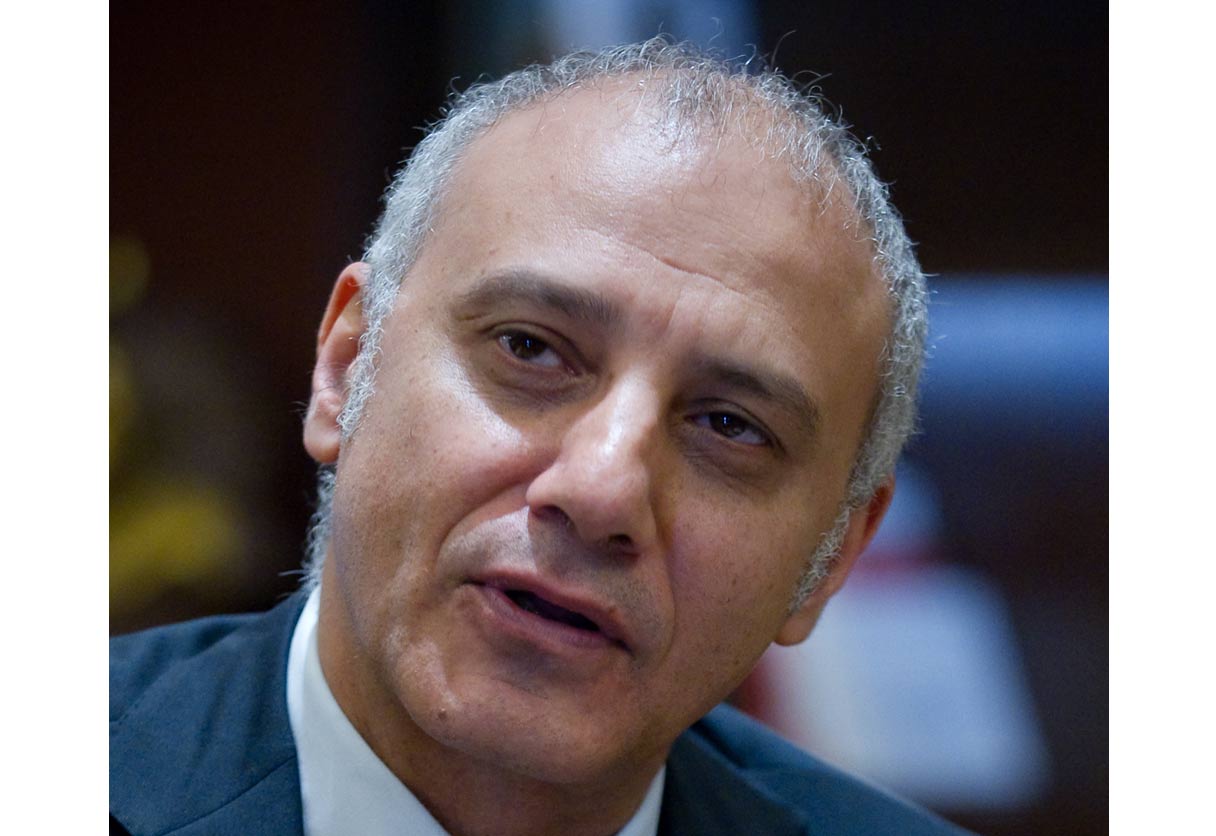Chairman of the Egypt Tourist Authority, Amr El Ezabi, has said that he expects the effects of the virtual shut-down of the tourism industry during the ‘revolution’ to reverberate through until 2012 — although there are indications of a trickle-back in the Red Sea resorts.
“The indices in the major resorts were much better and we saw positive signs in March, while our participation at ITB was one of our most successful ever,” he said.
“There is sympathy for our loss of business, and now we have the challenge to transform this into positive bookings and make the most of this high sense of awareness of the destination.

| Advertisement |
Acknowledging that price deals were inevitable, El Ezabi said ETA was trying to encourage hotels and operators to offer added value rather than straightforward discounting: “Our view is that if we lower prices, it may be difficult to bring them back up — and, at the same time, one of our main concerns is late bookings”.
Although ETA is targeting Europe, which generates 70% of the country’s tourism, El Ezabi said a second priority would be the GCC, particularly for the summer season.
“Egypt is resilient as a destination and we have managed our way through other crises,” he said. “This time, it may take us until the end of the year to get back on a solid footing, but it does give us an opportunity to relaunch our tourism product.”
Essam Abouda, vice president — operations, Hilton Worldwide, Arabian Peninsula and Indian Ocean said guests were starting to return following cancellations in February, but acknowledged that “business in Egypt will be a challenge for months to come”.
“Given our leadership position in Egypt, with 16 hotels across the country, and our strong brands, we are well placed to tackle this,” asserted Abouda. “To this end, we are implementing a number of new sales, marketing and PR initiatives over the coming months, across all market segments. And we are very focused on promoting our hotels to the local market and encouraging people living in Egypt to explore their own country.
“Within the rest of the Middle East the unrest has not negatively impacted business,” he added.









 Search our database of more than 2,700 industry companies
Search our database of more than 2,700 industry companies









